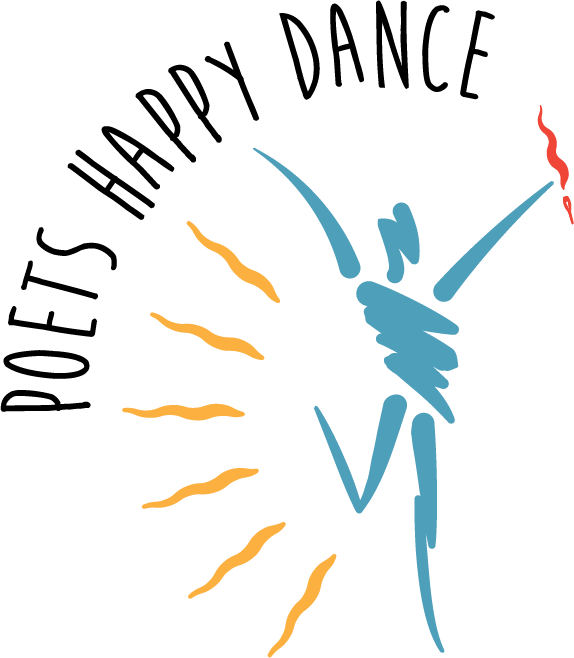I started making up little songs for myself on my walks to and from elementary school when I was in third grade. My first memory of a clear metaphor image was that year, in a torrential downpour, when the raindrops hitting the asphalt bounced back off the water surface, and I saw a tiny corps de ballet.
I don’t think I can be considered a “theme” poet. I write about the human condition as I experience and witness it. I wrote from autobiographical inspiration for many years. After my third book, The Doom Weaver (Main Street Rag Publishers, 2008), I was eager for more learning about the craft of poetry, so I embarked on a nearly 12-year immersion in persona poetry, resulting in two collections, Psalter: The Agnostic’s Book of Common Curiosities (Tiger Bark Press, 2015), and my most recent, Psychometry (Tiger Bark Press, 2019). Now I am writing in my own voice again, but that is its own challenge in the return.
Being in my sixties, I have experienced two significant movements in entertainment. I have lived through the entire age of rock & roll, and I have been able to study stand-up comedy, with many of those artists teaching me about language, storytelling, timing, and the vast range of possibilities of theme for any work. Music, well, let’s just say this: I received my first radio as a birthday present when I turned five.
R&B and funk, followed by jazz. But I like all sorts of music.
Dark.
I do not write creatively every day. I used to feel that I was not a real writer in saying that. Then I heard a quote from Stanley Kunitz in an NPR interview when he was in his mid-90s: “I do not write every day, every week, every month, or even every year. I write when I have no choice but to write, and I would sacrifice anything to do it.” I knew I was off the hook then and could honor my own cycles and process.
I always have multiple projects going at once, and then I will concentrate on completing one when the time is ripe for the focus. Now that Psychometry is in the world, I am paying greater attention to my memoir, and I want to complete the chapbook, based on cases of conjoined twins and other syndromes. I started years ago but it keeps being sidelined by other projects. The poems are calling me back. I also have a series of lyric essays stashed in a file, the start of a food memoir, and close to 80 responses to writing prompts when in class with my Young Authors Academy poets that probably will reveal another collection of poetry when I start to revise them. I set a goal of having something published every two years and now I am fully in that cycle. And I should pay more attention to my blog!
I believe that revision is where we truly prove our muster as writers. Anyone can draft new work, but what we do with it after is the true craft. It is my favorite part of being a writer. To me, the draft is just like a lump of wedged clay; now let’s make a pot.
I am on a mission to rescript that term universally. I think too much attention is placed on creating new work at the expense of making the work all it can be. People abandon work they cannot “fix.” Nothing is broken; perhaps we just have not guided the work to its fullest potential. I did not write for a decade, which is a long story. But, for that reason, a few months of not creating something new is no big deal. It is simply a “quiet time,” in which I am living life. We are not writers simply because we are producing new work, we are writers to the core. We still see images and metaphor, capture characters, hear voices, see visions. In a quiet time, read, read, read. Pull out those abandoned drafts and approach them with a fresh sense, bring them to fruition. Journal. Take a walk. Visit a friend. Watch a movie. Dance. I think every artist benefits from the quiet.
Fried calamari.
Alfalfa. Second place: fuck.
I would endow the YMCA of Central New York’s Downtown Writers Center and Young Authors Academy, where I have been teaching and working for 20 years. The DWC is one of the last remaining Writers Voice programs founded by Jason Shinder, and it is a vital asset to the community. Then I would set up a funding opportunity for emerging women writers over the age of 55, and another for writers who are from communities with populations under 100,000. I would also pay off my house and go on a long trip.
Yes, just nobody knows it yet.
